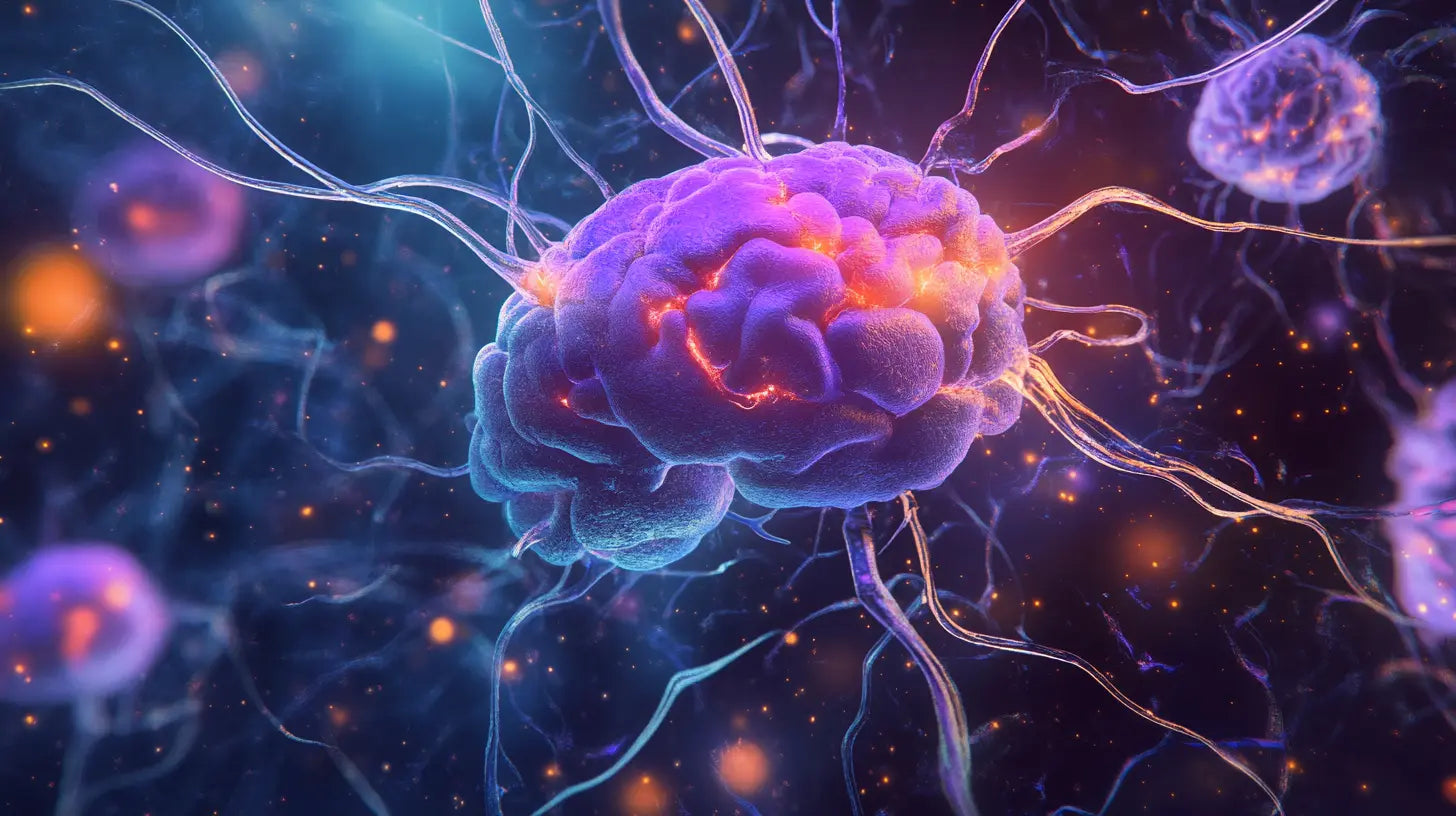
Unlocking your full potential: how to increase focus
In today's fast-paced world, distractions are rampant and relentlessly compete for our attention. It has become increasingly evident that the ability to focus is an essential skill in navigating the complexities of daily life. In this article, we will explore various strategies and techniques that can help you sharpen your concentration and bring greater productivity to your personal and professional life.
Focusing on the Fundamentals
A solid foundation is vital for building your ability to maintain focus. By incorporating these basic practices into your daily routine, you can create an environment that fosters concentration.
Prioritize Sleep
A well-rested mind is crucial for optimal focus and productivity. Ensure that you get adequate sleep (7-9 hours per night) and establish a regular sleep schedule. Prioritizing rest enables your brain to function at its best, boosting both mental clarity and energy levels.
Stay Physically Active
Regular exercise benefits both your physical health and your cognitive abilities. Engaging in physical activity increases blood flow to the brain, which can enhance concentration, memory, and overall cognitive functioning. Aim for at least 30 minutes of moderate exercise most days of the week.
Nourish Your Mind and Body
Your diet can significantly impact your cognitive function. Incorporate nutrient-dense foods like fruits, vegetables, whole grains, lean proteins, and healthy fats to provide the necessary fuel for your brain to perform optimally. Additionally, staying hydrated throughout the day can help prevent mental fatigue and maintain sharp focus.
Practical Strategies to Boost Concentration
With these fundamental habits in place, you can further optimize your focus by implementing specific cognitive practices and environmental modifications.
Set Clear Goals
Having a clear sense of purpose is integral to maintaining focus. Outline your objectives for the day or week, breaking down larger tasks into smaller, more manageable steps. With well-defined goals in place, you can allocate your mental resources effectively and stay on task.
Create a Distraction-Free Environment
Minimizing external distractions enables you to concentrate your full attention on the task at hand. Designate a quiet, clutter-free workspace to foster a sense of calm and focus. Eliminate digital interruptions by turning off non-essential notifications and closing unrelated tabs or applications while working.
Practice Time Management Techniques
Developing effective time management skills allows you to manage multiple commitments efficiently. Experiment with various methods, such as the Pomodoro Technique (working in focused intervals with breaks in between) or time blocking (dedicating specific timeframes to individual tasks). Find an approach that best accommodates your personal workflow and helps optimize focus throughout the day.
Developing Mental Resilience
Beyond addressing practical aspects of concentration, cultivating inner resilience against distractions can further enhance your ability to maintain focus. Consider incorporating these mindfulness techniques to help train your brain and sharpen your attention:
Breathing Exercises
Focused breathing exercises can help center your mind, reduce stress, and improve overall mental function. Try taking a few deep breaths before beginning a new task or during moments of heightened tension—this simple practice can significantly impact your concentration and effectiveness in the long run.
Meditation
Regular meditation not only promotes relaxation but also trains the brain's ability to focus and ignore distractions. Incorporating even just 5-10 minutes of daily mindfulness practice can result in profound improvements in concentration and overall cognitive functioning.
Cognitive Training Exercises
Brain training exercises like puzzles, memory games, or learning a new language can help enhance mental agility and focus. Such activities provide opportunities for your brain to develop stronger connections, enabling you to build better concentration skills over time.
Finding Balance: Integrating Breaks and Downtime
While diligence is essential in cultivating focus, it's important not to neglect the need for rest and relaxation. Giving yourself permission to take breaks and unwind can prevent burnout and promote a healthier, more sustainable balance between work and life.
Schedule Regular Breaks
Incorporate regular short breaks throughout your day to give your mind a chance to recharge. Brief periods of downtime can improve concentration and prevent mental fatigue by providing an opportunity for your brain to recuperate before tackling the next task.
Embrace Hobbies and Interests
Engaging in personal interests outside of work commitments can provide a refreshing change of pace and boost overall well-being. Nurturing hobbies and passions adds enjoyment to life and gives you the opportunity to hone different facets of focus and attention while also providing valuable mental respite from professional pressures.
Cultivate Mindfulness During Leisure Time
Make the most of your downtime by remaining present and fully engaged in leisure activities. Practicing mindfulness during moments of relaxation can foster greater appreciation and enjoyment of your experiences while continuing to train your concentration muscles.
By integrating these strategies and techniques into your daily routine, you can make continuous progress towards strengthening your focus. The journey may be gradual, but with dedication and commitment, the benefits of heightened concentration have the potential to create a ripple effect across all areas of your life—ultimately unlocking new realms of growth, productivity, and fulfillment.
0 comments
Disclaimer
The information in this article is for educational and informational purposes only. If this article discusses psychedelics, supplements, or wellness practices, it is not intended to promote, endorse, or encourage illegal activities or unverified health claims.
n0glitch does not sell or distribute psychedelic substances and does not provide medical, legal, or professional advice. Always consult a qualified healthcare provider before making health-related decisions.
Laws regarding psychedelics and supplements vary by country and region. Please research and comply with local regulations.












